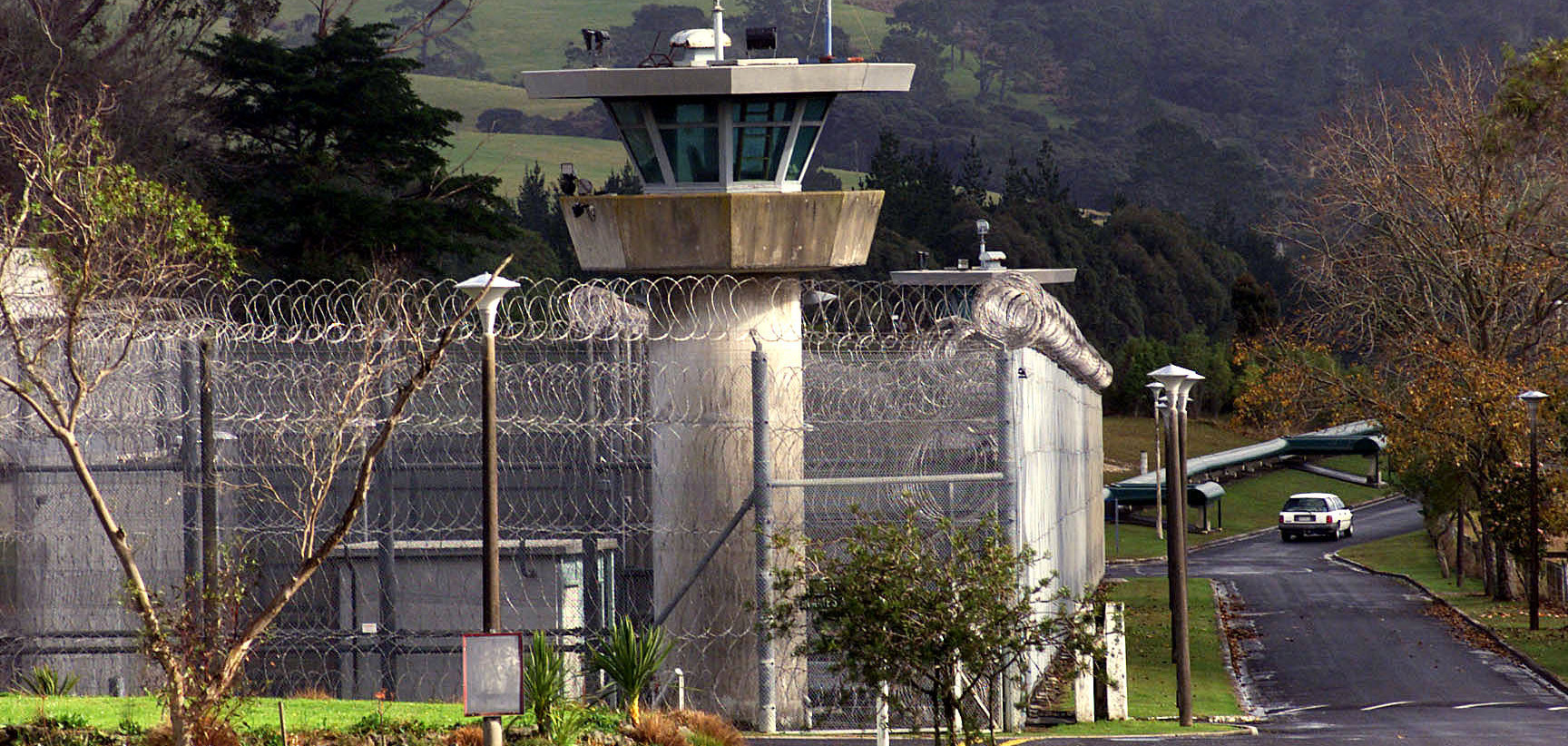Despite 12 months of warnings about Immigration NZ reliance on paper-based systems, staff are again left helpless as their offices close?
When Covid hit our shores last year, Immigration NZ staff?were forced to grapple with the realities of working from home, along with the rest of the country.
As Newsroom reported last month, Immigration NZ?staff in certain departments such as the resident deportations team?were locked out of their office for 14 weeks and ※clunky§ systems did not allow them to access case files.
This meant an already growing backlog of deportation case files (230 cases by the end of 2019) ballooned to 664 by August last year, which were meant to be processed?by about 10 staff.?
To understand how processes could be improved Immigration NZ commissioned auditing firm?PwC to carry out a report, that found?the backlog of resident deportation cases posed a ※significant reputational risk§ to the department and minister.
The report recommended introducing new technology that would?enable staff to work from home just as efficiently.
Yet, the department has found itself in a similar situation as it did in alert Level 4 last year, with staff still unable to access all files during this lockdown.

In a written response Immigration NZ acting deputy secretary Stephen Dunstan said while the resolutions team had made changes to allow ※some§ deportation case files to be worked on by staff remotely, not all could be.?
※The resolutions team was unable to prepare deportation case files in alert Level 3 and 4 during 2020 as these files are unable to be taken away from the office due to security concerns,§ Dunstan said.?
&Working remotely presents challenges which may affect staff members’ ability to be fully productive while working at home.§
Dunstan said while Immigration NZ had ※introduced a range of efficiencies§ in response to the audit report, these were?implemented only in the office, not for remote working.
※These systems will enable the team to work through the files more quickly when they are able to.§
Resident deportations are generally?the result of convictions, breaching visa conditions, fraud or mistakes in administration, and the resolutions team is tasked with investigating this and preparing a report with a recommendation for the minister to decide whether the person should be deported or not.
A chart of the process flow in the report shows each resident deportation case has about 20 steps and can take about 24 weeks to complete.
※For those applicants who have paper applications lodged that we are unable to assess under Alert Level 4, our focus is on ensuring these people are able to remain lawfully in New Zealand.§
- Stephen Dunstan, Immigration NZ
Dunstan said Immigration NZ did not collect processing timeframe data for the ※complex process§ of preparing deportation files, however before officers had to consult with?many ※stakeholders§ while preparing their files. And these stakeholders would also be?impacted by the lockdown.
※We don’t collect processing timeframe data for the preparation of deportation case files - we collect information on the number of cases on hand and measure the workload of our teams responsible for putting these case files together.§
As at June 30, the resolutions team of about 12?had 517 cases on hand.
The PwC report revealed the backlog in deportation cases had been growing since at least 2018 but Covid amplified the issue. At the end of 2018, the resolutions team had about 143 cases on hand, which grew to 230 by the end of 2019.
While?Immigration NZ offices were?closed during lockdown, Dunstan said?officers in different departments processing visa applications would still able to access online files.?
However, some applications,?such as skilled migrant category?residency applications are filed in hardcopy with supporting evidence, and would not be available to staff.
As at August 16, the week the country went into level 4 lockdown, officials were working through a?backlog of 11,000 residency applications.
Dunstan said visa processing staff were not considered essential workers but were continuing to process online visas from home.
These included border exceptions, essential skills work, work to residence, partnership,, student and post work study visas.
Immigration NZ was also training staff that are not able to access online visa applications to get them ※up to speed as quickly as possible§, he said.
Dunstan said the agency?would ensure people’s paper applications lodged that staff haven’t been able to access would be able to live in New Zealand lawfully.
※For those applicants who have paper applications lodged that we are unable to assess under Alert Level 4, our focus is on ensuring these people are able to remain lawfully in New Zealand.§
As well as processing these electronic visas, Dunstan said officers have been busy?supporting the cross-government response to the rapidly-escalating situation in Afghanistan, including urgently processing visas for those individuals who are eligible to travel to New Zealand.
※Immigration NZ will take a pragmatic approach to requests for further information, taking into consideration the difficulties that some applicants may have in responding or providing additional information.§


